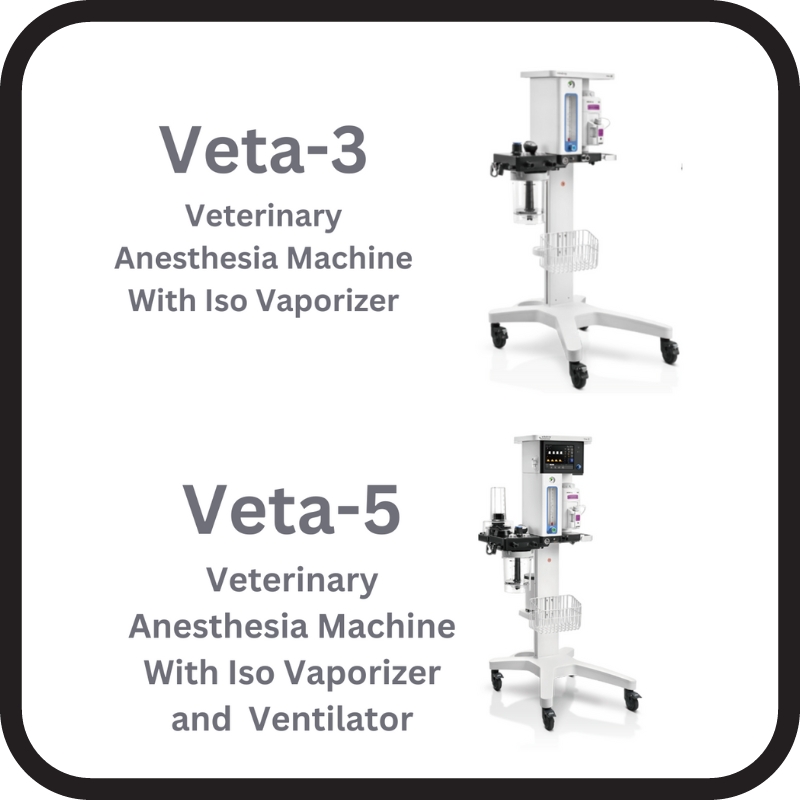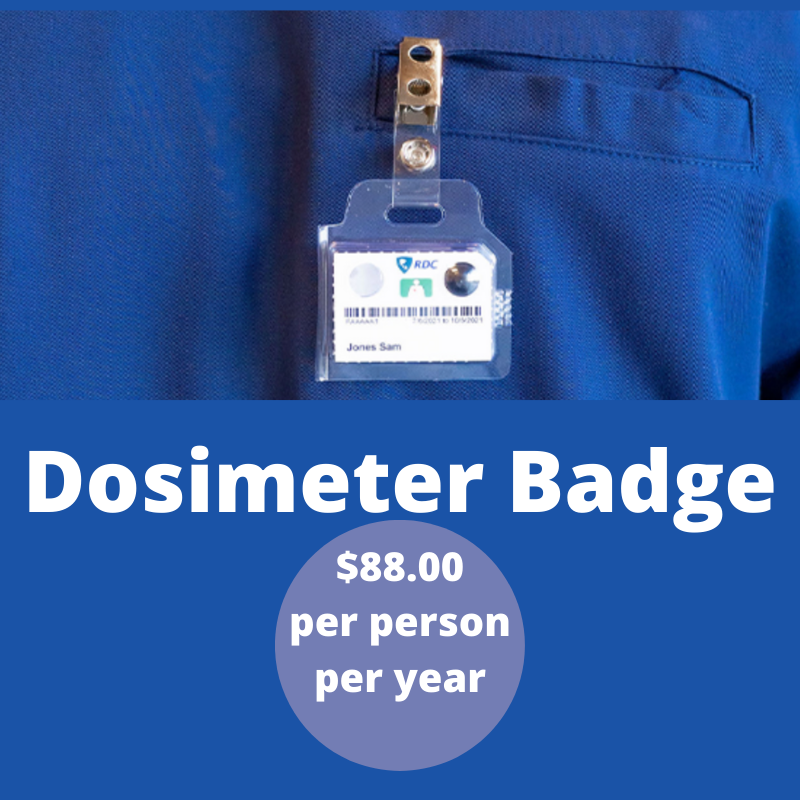Can a Veterinary Technician Become a Veterinarian?
/Table of Contents
- What is the Difference Between a Veterinarian and a Veterinarian Technician?
- The Difference in Schooling Between a Veterinarian and a Veterinarian Assistant
- The Difference in Responsibilities and Obligations Between a Veterinarian and a Technician
- Similarities Between the Path to Veterinarian and Veterinarian Technician
- Should I Be a Vet Tech or a Veterinarian?
- Do Veterinarians Ever Go Back to Being a Vet Tech?
- Veterinary Technician Accreditation
- The Path from Vet Tech to Veterinarian
- Things to Consider as Vet Tech Transitioning to Veterinarian
- Join Clubs and Organizations
- Shadow Other Vet Techs or Veterinarians
- Life After Veterinary Schools
- Resources After Graduation
- The Bottom Line to a Veterinary Technician and Veterinarian Path
The transition from Veterinary Technician to Veterinary is not as easy as many think it is, but it surely prepares many for a fulling and rewarding career in the field of Veterinary. As a Vet Tech you’ll be presented with a variety of challenges that will help you grow and become a successful Veterinarian in the future.
It is undeniable that entering the field of Veterinary as Veterinary Technician puts many in advantage when it comes to future employment opportunities and Veterinary school applications.
The skills many Veterinary Technicians are to learn and their up close observation and shadowing of the Veterinarian in charge, provides these with a strong educational base and hands-on experience. Continue reading below as we go into detail about the path from Veterinary Technician to Veterinarian, and help you understand how to make this an easier transition.
What is the Difference Between a Veterinarian and a Veterinarian Technician?
Both careers can be equally rewarding. If you have a passion for caring and interacting with animals, both of these will lead you to this path.
As we discuss some of the main differences associated to these, you’ll be able to notice it all depends on whether the aspiring student prefers to be the decision maker or more of the care provider.
The Difference in Schooling Between a Veterinarian and a Veterinarian Assistant
One of the top differences that comes to the mind of many of us between these two is education. This is as many of us are aware of the number of years necessary for each of these is one of the biggest differential factors. This is also an important one to consider before following this career path.
Veterinarians are required to complete a 4-year undergraduate degree before attending a Veterinary Medicine College for four more years of study. This is while excluding the many years of residency graduates are faced with.
When it comes to the time of schooling for becoming a Veterinary Technician, this tends to be a lot shorter. It typically requires g an Associates's or Bachelor’s level degree, which can vary from two to four years of study.
Because of these differences in years of education, the cost to become a Veterinarian is much higher than that of a Veterinary Technician. This cost tends to usually be ten times higher, making it a hugely influential factor for many when it comes to choosing between a Veterinary Technician or Veterinarian career path.
But with these differences in years and the cost of education, comes a difference in salary which is another differential factor between these two. On average Veterinarians are paid a much higher salary than technicians, given the higher level of education and responsibilities.
The Difference in Responsibilities and Obligations Between a Veterinarian and a Technician
As we briefly discussed the range of education and responsibility between these two professions, let’s dive deeper into the tasks and obligations difference between these two.
As for the obligations attached to being a Veterinarian, these will vary according to the specialty. There are some that specialize in smaller animals like cats and dogs, others on exotic animals like rabbits, and the rest on larger animals, like horses.
But regardless of specialty, these are some of the most prominent duties of a Veterinarian:
Examine animal patients
Diagnose and provide an appropriate treatment plan
Perform surgery
Euthanize animals
Change or stop medications
As we can see Veterinarians are the doctors in charge, while technicians provide care following the treatment plan created by the Veterinarian.
A veterinarian can surely perform all of the tasks of a Technician if he or she wanted to do so, but a technician is prohibited from performing the job of a veterinarian. For example:
A Technician cannot diagnose
A Technician cannot provide a treatment plan
Technicians can help during surgery but not perform surgery themselves.
Although a Technician is not able to directly perform many of the critical tasks assigned to a Veterinarian, they are still able to learn a lot as they do get to closely observe them and ask questions. This provides them with a lot of preparation and experience, making the path to Veterinary school a lot easier.
Both of these careers have their own boundaries and obligations. These are both very rewarding career options and with an employment demand expected to grow within the next few years.
Given this list of cons and pros, we can notice the reason why some of the best Veterinarians started their journey as Vet Tech. This allowed them to receive exposure to the reality of the profession from an early career start.
Similarities Between the Path to Veterinarian and Veterinarian Technician
Even though these two may have different responsibilities and educational background, there are a few things where these two overlap.
The number of years required to spend in school for a Veterinarian may be significantly more than that of a Vet Tech, but whether your desire is to be a Veterinarian or Veterinarian Technician, you are very likely required to go through the followings:
Both career paths require attendees to complete and pass specific state licensure. An exam is required to become both a licensed Technician or Veterinarian.
In order to maintain their status and be able to remain practicing, both of these are required to keep their license. If license happens to be revoked, none of these are able to continue working in this field.
Another characteristic of these two is the fact both must meet the state’s continuing education requirements in order to keep their license. These are a number of continuing education credits that must be taken each year to remained licensed.
This shows why it can be a great idea to become a Veterinary Technician before a Veterinarian, this provides students with a strong experiential and educational base, helping them excel during Veterinary School.
Should I Be a Vet Tech or a Veterinarian?
The reasons are not few to consider any of these two career paths. Both of these fields are continuously growing and promise a lot for future practitioners.
As we briefly discussed above and as you continue reading this article, you’ll notice you should only become a Veterinarian if you are ok with the many years of study, which seem to extend beyond graduation.
As a Veterinarian, you’ll be constantly learning and improving as new technologies and treatments arise. Unlike a Veterinary Technician who is not always expected to know the latest in medical treatments, as a decision-maker and treatment provider, a Veterinarian surely is.
You should only become a Veterinarian if you are ok with the burden of responsibility as this will lie explicitly on you.
On the other hand, you should only consider becoming a Veterinary Technician if you truly have a heart for serving and helping others. As a Veterinary Technician, you’ll be performing a lot of service tasks and customer care.
You should also take into consideration the salary difference which can lead many to simply use the field as a stepping stone instead of seeing it as a long-term path.
But overall, it is no doubt that considering becoming a Vet Technician should open many doors and provide you with the necessary experience to become a great Veterinarian one day.
Do Veterinarians Ever Go Back to Being a Vet Tech?
Although not impossible, this rarely happens as most Veterinarians understand the salary difference between these two career path.
Also, after putting in so many years and all of the effort necessary to become a Veterinary Technician, as well as gain the level of knowledge they have reached, many see it unnecessary or frustrating to go back to position where they do not get to provide a medical treatment plan to patients when they know the answer.
In conclusion, it is completely common for a Vet Tech to transition to a Veterinary position, but it is rarer for it to be the other way around.
Are There Any Reasons Not to Become a Veterinarian?
Related to the information above where we talk about Veterinarians going back to a Vet Tech position, this may happen due to some of the difficult tasks Veterinarian are presented with.
Although Vet Tech also suffers a lot of stress at work from all the different tasks and the long hours of work they are presented with, Veterinarians are given a much higher responsibility when it comes to diagnosing and treatment plan, which may cause some to return to a less stressful position with less challenging responsibilities.
Besides the range of responsibilities, many consider a career as a Veterinarian to be too expensive, with many graduating with high amounts of debt. Vet schools can vary from $35,000 to $50,000 in tuition every year, with many not having this kind of money.
Besides the high tuition cost, it can be hard and very competitive to be accepted into a Veterinarian school, and once accepted the courses can be very challenging for many. If students do not happen to meet the requirements necessary they can be denied acceptance, and if they happen to be accepted remaining in the program can be just as difficult.
But many agree their passion and eagerness for this field make it all worth it in the end, working as their driving force.
Veterinary Technician Accreditation
While working on a Vet Tech degree, it is important to make sure this is accredited by the American Veterinary Medical Association. This accreditation is not only important for Veterinary school application but also for future employment opportunities as Veterinary Technician.
Through this accreditation, students can rest assure they are receiving the best preparation for this field, as well as taking the courses necessary to make the transition to Veterinary School easier.
The Path from Vet Tech to Veterinarian
As briefly mentioned above in order to become a Vet Tech, students will need to enroll in a two-year Associate’s degree, which can usually, be completed at vocational school or community college. Students may also choose to enroll in a four-year Bachelor’s degree, which offers them with a more direct path to Veterinary Schools.
To become an official Veterinarian, aspiring practitioners must first complete a four-year undergraduate degree before applying to Vet School. This is why it may be recommended to complete a Bachelor’s degree instead of an Associates to quicken things up a little.
As we all know the entrance and acceptance to Vet School can be highly competitive. The requirements are many, with those who already have experience being preferred. This is where having a background as a Vet Tech comes very handy, placing applicants ahead of the rest.
Also, those who have already worked as a Technician have already experience the risks and lows of the profession. As a Veterinarian, practitioners are not always presented with puppies and kitties, but they need to be ready to encounter large animal breeds that are in pain and already scared, making the job ten times harder.
Having experience as Technician demonstrate the necessary skills and endurance required for this field and career path. If you are not 100% percent sure if this is the right path for you, it is highly recommended you first become a Veterinarian technician so that you can make the right choice for you.
Things to Consider as Vet Tech Transitioning to Veterinarian
So you already decided you might want to acquire a Veterinary Technician degree before becoming a Veterinarian. Here is a list of some of steps to consider in order to be fully prepare you for your future Veterinarian career:
Make Sure to Emphasize Course Prerequisites as an Undergraduate.
While working on your undergraduate degree as veterinary Technician, make sure to focus your course work on courses pertaining to your Veterinarian degree and school of choice.
Many Veterinary schools have course prerequisites required for admission. Make sure you knocked these out of the way while pursuing your undergraduate degree. This way you are able to kill two birds with one stone.
Join Clubs and Organizations
Many community or vocational colleges offer undergraduate students the opportunity to become part of a pre-vet club or organization related to the field. Take advantage of these as they’ll be of great benefit when applying to Veterinary school and for future employment opportunities.
Shadow Other Vet Techs or Veterinarians
Take advantage of internships or shadowing opportunities as these will help you network and acquire future recommendations that will be of great hand when applying to Veterinary School.
Also, these may even provide you with a job opportunity right after graduation, which can sometimes take time and hours of job applications.
The importance of having hands-on experience cannot be addressed enough. The schools are many that require applicants to have a certain number of hours working with animals. The more internships and veterinary assistant opportunities you have, the best.
Life After Veterinary Schools
After graduation from Veterinary school, many consider to doing an internship to increase their credentials, with the main goal being to land a good job opportunity. This is not required to enter the field, but is surely recommended as it puts many in advantage. Just like when applying to Veterinary schools, those capable of providing proof of experience being preferred by employers.
Whether your dream is to be part of a Veterinary clinic, a research facility, academic institution or a private practice, these should be able to let employers know you have the necessary experience, providing you with a higher status of more than just a recent graduate. This is something to consider as many employers tend to be afraid of hiring recent graduates as there are plenty of legal issues involved.
Resources After Graduation
Once you have stepped in the field and is time for you to work as a Veterinary Technician or an official Veterinarian, you might want to consider becoming part of a professional organization that can help you stay up to date with the latest news in the Veterinary field, and help you gain valuable and longstanding connections.
There are a variety of choices out there which professionals can choose from according to their interests and specialty.
A few examples of these organizations are:
American Animal Hospital Association
United States Animal Association
American Association of Equine Practitioners
World Veterinary Association
Consider joining some of these to help you excel and always be aware of the latest innovations so that you can provide the best possible treatments for your patients.
The Bottom Line to a Veterinary Technician and Veterinarian Path
Now you have some knowledge of what it takes to become a Veterinarian while choosing to follow a Veterinary Technician path. Perhaps this knowledge can help you understand if this is the right career path for you, or simply aid you in the transition from Vet Tech to Veterinarian.
We hope this inspires you to keep researching and asking questions to those around you who have gone through the same process and help you make the best possible choices for your specific career plan.
Sources:
https://www.veterinarianedu.org/veterinarian-vs-vet-tech/
https://www.petful.com/pet-health/want-to-be-a-veterinarian/
https://www.careersinhealthcare.com/veterinary-technician-to-veterinarian/
https://www.aaha.org/your-pet/pet-owner-education/ask-aaha/what-is-a-veterinary-technician/
https://www.thebalancecareers.com/pros-and-cons-of-being-a-veterinary-technician-125831
https://www.sgu.edu/blog/veterinary/how-to-become-a-veterinarian/
https://vettechguide.org/veterinary-technician-veterinarian-possible/




























